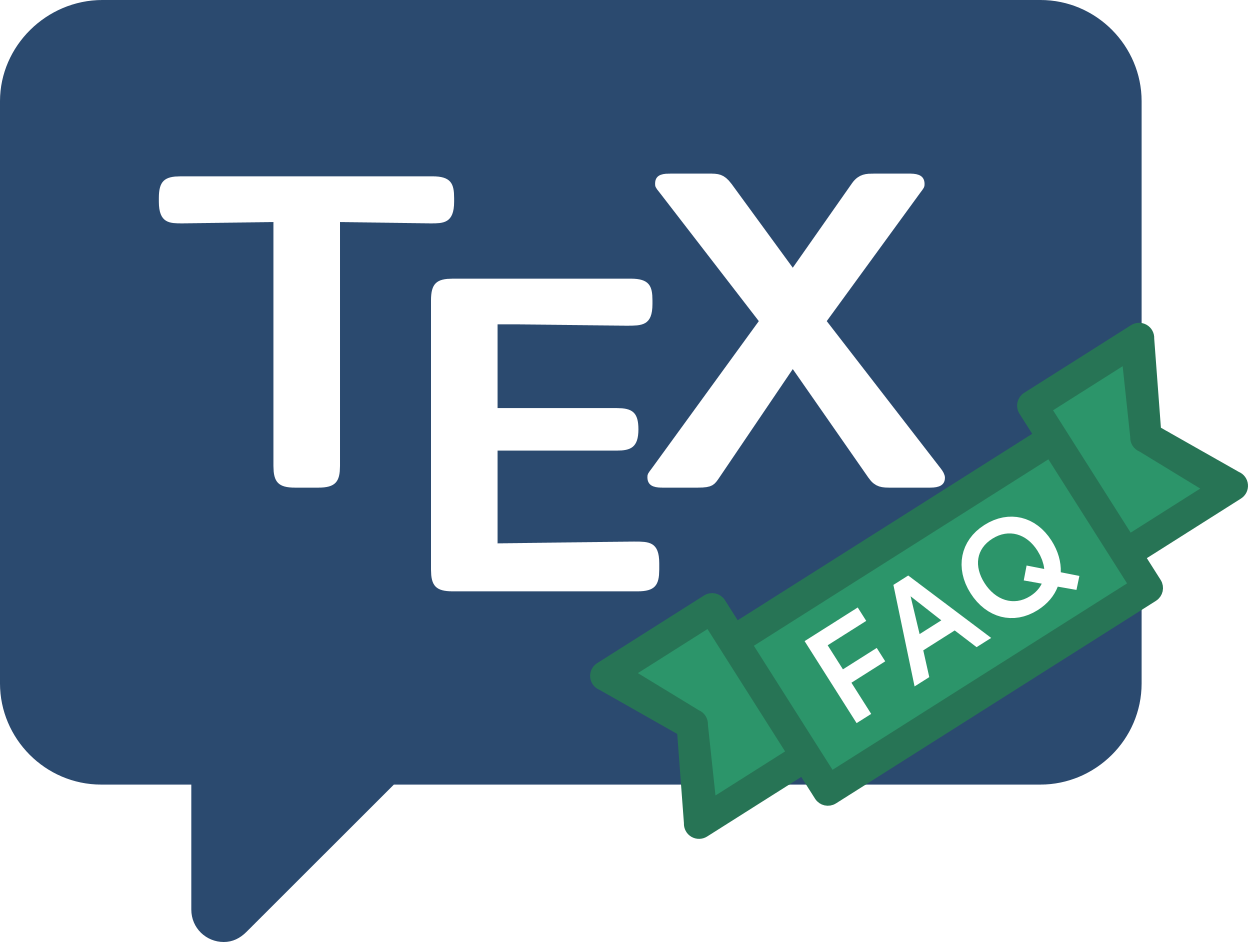
Frequently Asked Question List for TeX
Usage
How to do bold-tt or bold-sc
LaTeX, as delivered, offers no means of handling bold “teletype”
or small-caps fonts. There’s a practical reason for this (Knuth never
designed such fonts), but there are typographical considerations too
(the “medium weight” cmtt font is already pretty bold (by
comparison with other fixed-width fonts), and bold small-caps is not
popular with many professional typographers).
There’s a set of “extra” MetaFont files on CTAN that provide bold
versions of both cmtt and cmcsc (the small caps font). With
modern TeX distributions, one may bring these fonts into use simply
by placing them in an
appropriate place in the texmf tree
(these are (La)TeX-specific files, so the “public” supplier
would be an appropriate place). Once you’ve
rebuilt the file indexes as necessary,
TeX (and friends) will automatically build whatever font files they
need when you first make reference to them. There’s a jiffy package
bold-extra that builds the necessary font data structures
so that you can use the fonts within LaTeX.
Another alternative is to use the EC fonts, which come with bold variants of the small-caps fonts.
If you need to use Type 1 fonts, you can’t proceed with Knuth-style
fonts, since there are no Type 1 versions of the mf-extra
set. There are, however, Type 1 distributions of the EC fonts, so you
can switch to EC and use them; alternatives are discussed in
8-bit Type 1 fonts.
Of course, commercial fixed-width fonts (even the default
Courier) almost always come with a bold variant, so that’s
not a problem. Furthermore PSNFSS
will usually provide “faked” small caps fonts, and has no
compunctions about providing them in a bold form. Courier
is (as we all know, to our cost) freely available; a far more
presentable monospace font is LuxiMono, which is also
freely available (monospace text in the typeset version of this
FAQ uses LuxiMono, with the metrics and LaTeX
support available on the archive.
FAQ ID: Q-bold-extras